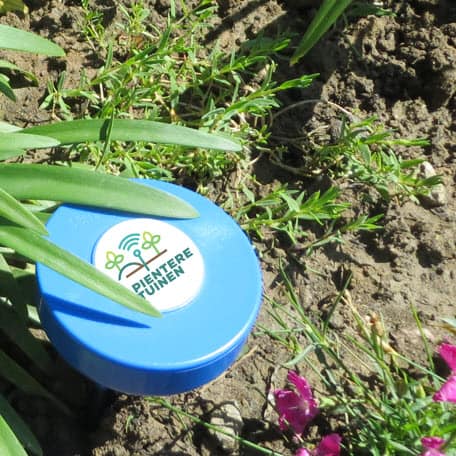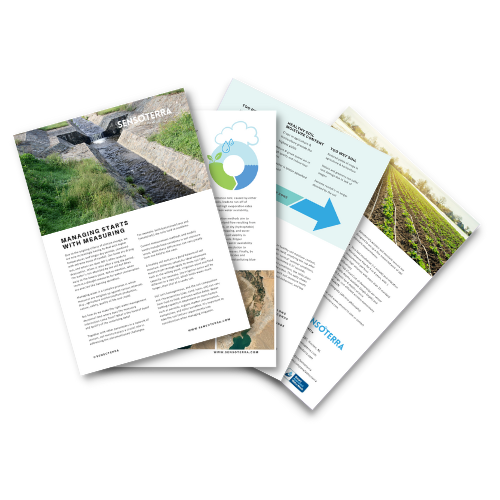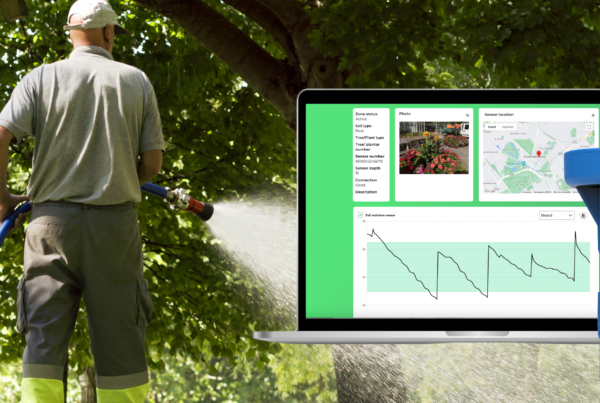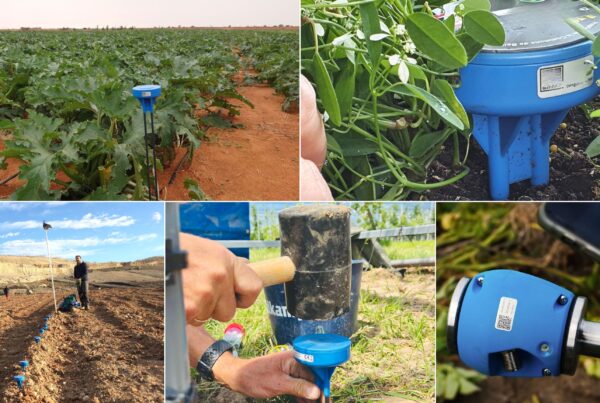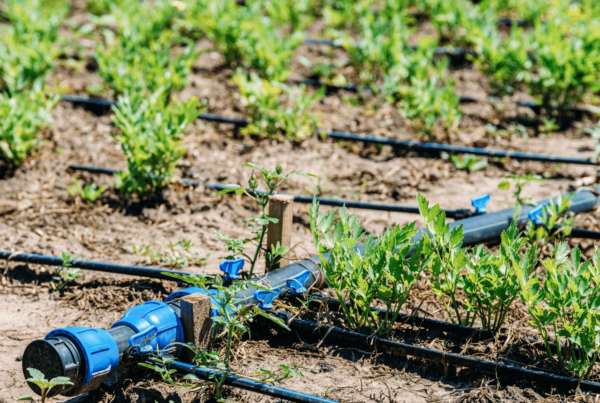Communities are ripping up their tiles, and planting green gardens for healthier urban environments
Neighborhoods are ripping up their tiled front yards all across the Netherlands for greener, healthier communities. Though an easy choice, tiled and astroturfed gardens are considered low-maintenance, but their effects can be harmful to local environments and communities.
Recently, Sensoterra as part of the Pienteretuinen national urban greening initiative, participated in the De Groenste Straat van Gelderland (The Greenest Street in Gelderland) program, promoting urban greening projects across the Dutch province. Led by presenter Rob Kleijs, the garden landscapes are given a low-maintenance green makeover.
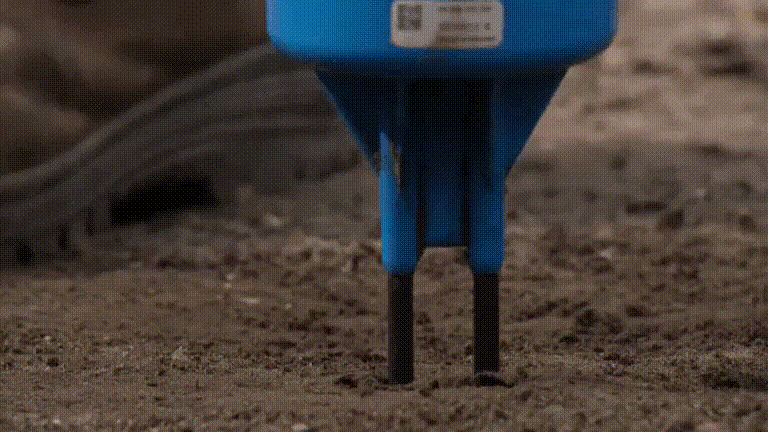
The effects of heat islands
Heat islands refer to urban areas that experience significantly higher temperatures compared to their surrounding rural areas. These heat islands are primarily caused widespread soil sealing such as concrete, asphalt, and tiles in urban environments.
Increased surface temperature: Tiled gardens and soil sealing reduce the amount of vegetated and permeable surfaces in urban areas. Instead, these surfaces are replaced with materials that absorb and retain heat, such as concrete or tiles. As a result, the surface temperature in these areas rises significantly, leading to higher ambient temperatures.
Reduced evaporative cooling: Vegetation and soil play a crucial role in evaporative cooling, as plants release moisture through a process called transpiration. By replacing natural vegetation with tiles and soil sealing, the ability to cool the surrounding air through evapotranspiration is greatly diminished. This reduction in evaporative cooling exacerbates the heat island effect.
Limited air circulation: Tiled gardens and soil sealing contribute to the creation of a dense urban environment with fewer green spaces. This can impede natural air circulation, resulting in stagnant air pockets and trapping heat within the built environment. The lack of adequate airflow prevents the dissipation of heat and exacerbates the urban heat island effect.
Increased energy consumption: Higher temperatures in heat islands lead to increased energy demands for cooling purposes. As urban areas become hotter, residents and businesses rely more on air conditioning and cooling systems, resulting in greater energy consumption. This increased energy demand places additional stress on the power grid and contributes to greenhouse gas emissions, further exacerbating the effects of climate change.
Health risks: Heat islands pose significant health risks to residents. The elevated temperatures can lead to heat-related illnesses, such as heat exhaustion and heatstroke. Vulnerable populations, including the elderly, children, and those with pre-existing health conditions, are particularly at risk. The lack of green spaces and reduced air quality in heat islands can also contribute to respiratory problems and poor overall well-being.
Sustainable Urban Planning & Design
To mitigate the negative effects of heat islands, it is crucial to prioritize sustainable urban planning and design. This includes promoting the use of green infrastructure, such as urban gardens and parks, to increase vegetation and permeable surfaces. By reducing soil sealing and incorporating more natural elements into urban environments, it is possible to mitigate the impacts of heat islands and create more livable and sustainable cities.
To learn more about the importance of water management for urban environments, download our free white paper.
About Sensoterra
Sensoterra develops low-cost, simple, and robust wireless soil moisture sensors, providing actionable insights that enable water management platforms and solutions. Our sensors are built to integrate into any platform with our unique ‘API first’ philosophy – offering freedom and flexibility for data integration. It is our mission to enable water management platforms and solutions worldwide. We help by ‘Making Sense of Water’. We produce simple, robust, and low-cost wireless soil moisture sensors that are easy to deploy and built to integrate. With proven success in the applications of smart city landscaping, environmental monitoring, and precision agriculture, the Sensoterra solution integrates seamlessly in existing water and land management platforms.
Contact for more information, pictures and/or interview requests:
Jessica Nuboer
Marketing & Communications
Sensoterra
Email: [email protected]

